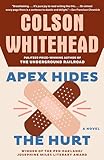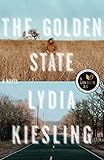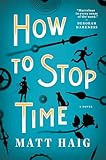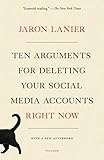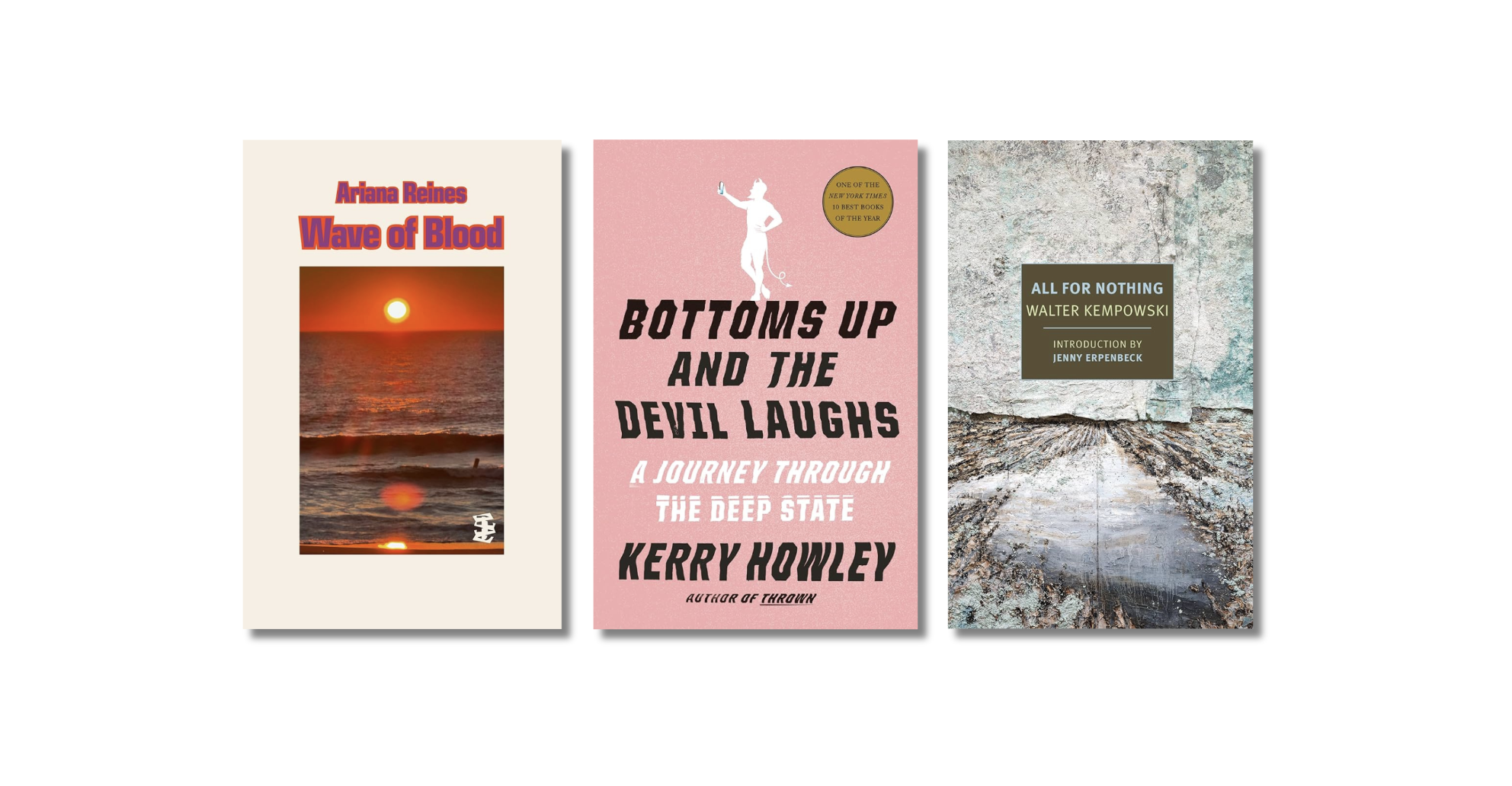In 2018 I had recurring fantasies of deleting my Twitter and Facebook and Instagram and Slack accounts. (Not Tumblr, because their new content policy basically did the job for me.) This wouldn’t be a personal conflict of interest except that I’m the social media editor of the site you’re currently reading, and completely disavowing the most basic terms of my own employment would be, as internet parlance so disdainfully puts it, Not A Good Look. So instead I sublimated my professional death drive in reading. Even without intending to, I found myself gravitating toward books about people who dared to leave it all behind.
My Absolute Darling came out in 2017 but I didn’t get to it until this year. It’s sere and visceral and made me want to move to the Pacific Northwest, so beautiful were its descriptions of the natural world out there. The novel is a cautionary tale about retreating from contemporary society, but it also shows what we lose by living within our current, constantly Linked-In bonds. In March I picked up We Begin Our Ascent by Joe Mungo Reed, which is the best book I’ve ever read about the Tour de France. That’s not actually saying much, so let me instead say that every one of its words felt so carefully chosen and necessary, and I really couldn’t put it down once I started. Its protagonist has to decide whether to compromise his spirit or walk away from a lifelong dream, and the fallout of his choice hit me with the force of a peloton.
I knew things had gotten bad when it felt like actual apocalypse would be an acceptable tradeoff for all social networks finally collapsing. That’s the premise of Nick Clark Windo’s novel The Feed, which I enjoyed despite a plot twist halfway through that might throw some readers off. I couldn’t finish The Middleman, which came out in August, because the idea that 400 Americans would suddenly abandon their lives to join a leftist splinter movement read like one of Alex Jones’s Antifa fantasies. It went back to the library.
I read two great books whose main characters make dropping out feel futile and noble at the same time. Apex Hides the Hurt is an old favorite, and it was fun to revisit pre-Pulitzer Colson Whitehead in all his spiky, anti-social glory. Lydia Kiesling’s novel The Golden State is vital and true and stylish, and its forward momentum hypnotized me. If you haven’t yet just GO OUT AND BUY THE BOOK ALREADY. (Truly this recommendation comes without bias, although I should also tell you that her stewardship of The Millions has kept my own faith in the project of literature alive at times when it too seemed maybe worth deserting.) Both novels capture the extent to which we have become what one of Kiesling’s characters blithely calls Casualties of Capital!, and yet also how complicit in its logic.
I loved How to Stop Time by Matt Haig, whose narrator is more than 400 years old, so his observations put today’s mediated noise into half a millennium’s perspective. As to whether it’s always been thus or we’re living in a truly different era, noise-wise, the book doesn’t conclusively say. Instead it does what the best novels always have, posing questions. In fact, Haig wrote my favorite passage in any book this year, and it’s almost completely interrogative:
Just as it only takes a moment to die, it only takes a moment to live. You just close your eyes and let every futile fear slip away. And then, in this new state, free from fear, you ask yourself: who am I? If I could live without doubt what would I do? … If I could not fear the passing of time and the people it will steal? Yes. What would I do? Who would I care for? What battle would I fight? Which paths would I step down? What joys would I allow myself? What internal mysteries would I solve? How, in short, would I live?
The most literal interpretation of my internet escape fantasies is a book I’m still reading. I picked up Jaron Lanier’s latest manifesto, the directly titled Ten Arguments for Deleting Your Social Media Accounts Right Now, after reading Hannah Gersen’s interview the author here, and am still making my way through a pretty damning indictment of what it calls BUMMERS, or “Behaviors of Users Modified, and Made into Empires for Rent.” It’s confirming my suspicions that most of the services we use as internet infrastructure are garbage; we’ll see if I actually have the courage to hit Delete when I get to the end.
More from A Year in Reading 2018
Don’t miss:A Year in Reading 2017, 2016, 2015, 2014, 2013, 2012, 2011, 2010, 2009, 2008, 2007, 2006, 2005


